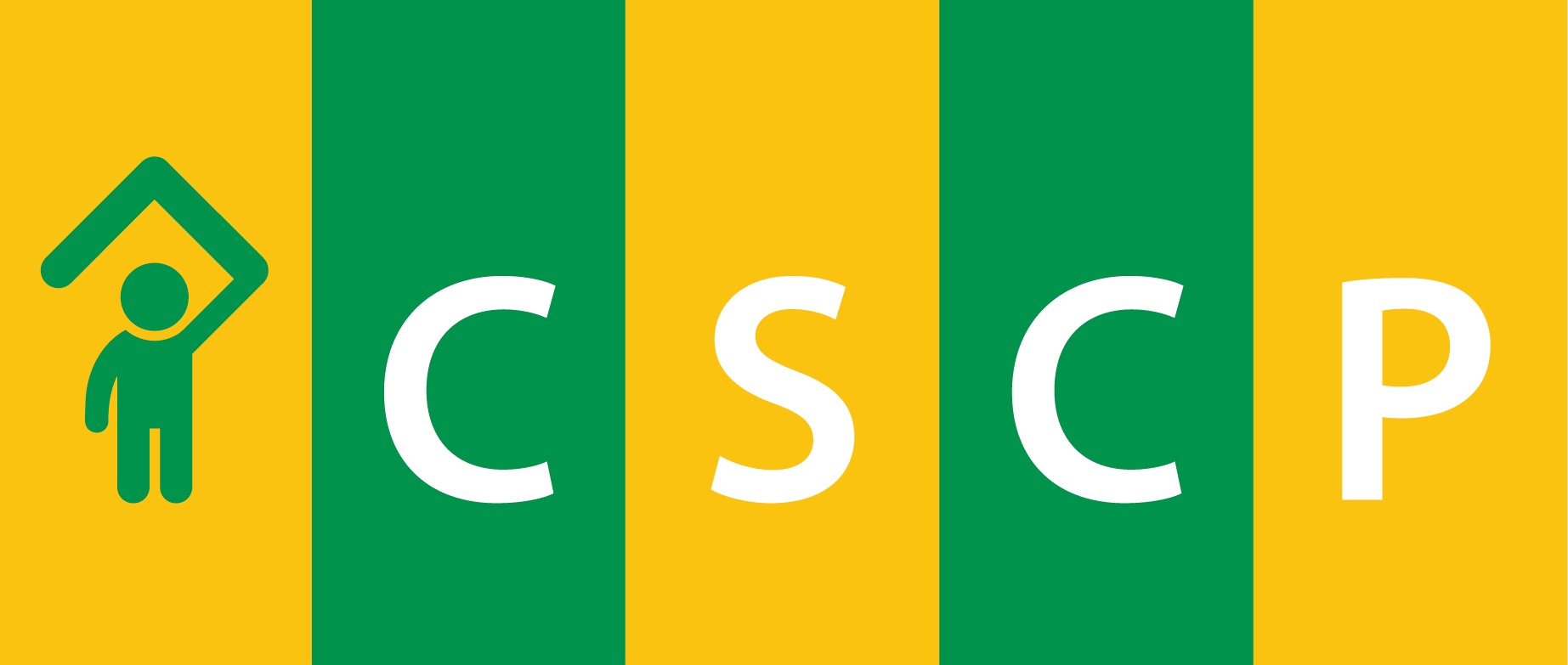Child Exploitation (CE)
Child exploitation of children and young people has been identified across the United Kingdom, in both rural and urban areas. It affects boys and young men as well as girls and young women. It robs children of their childhood and can have a serious long-term impact on every aspect of their lives, health and education. It damages the lives of families and carers and can lead to family break-ups. Child exploitation of children and young people is a crime.
In addition to the core business and functions of the CSCP, we have decided, as a Board, to focus on some areas that require further or emerging focus and we have called these Particular Interests. It is the intent of the CSCP to improve the lives of children in Cumbria by ensuring that all those who work with young people are aware of what child exploitation is, will intervene as early as possible, will respond to the needs of victims to repair the damage and will work together to prevent children becoming victims in the first place.
Find guidance and resources to help if you are a professional
Child Criminal Exploitation and County Lines
Child Criminal Exploitation is common in county lines and occurs where an individual or group takes advantage of an imbalance of power to coerce, control, manipulate or deceive a child or young person under the age of 18. The victim may have been criminally exploited even if the activity appears consensual. Child Criminal Exploitation does not always involve physical contact; it can also occur through the use of technology.
County lines is a growing problem in the UK. Gangs are exploiting vulnerable young people, some just 12 years old, to carry drugs and sell them to other parts of the country.
Often, these children are assumed missing and when they turn up out of their area and in trouble with the police they are criminalised and not seen as victims. They can go for days without food and are forced to live in awful, squat conditions
Criminal exploitation of children is broader than just county lines, and includes for instance children forced to work on cannabis farms or to commit theft.
How it affects children and vulnerable adults
Like other forms of abuse and exploitation, county lines exploitation:
- can affect any child or young person (male or female) under the age of 18 years;
- can affect any vulnerable adult over the age of 18 years;
- can still be exploitation even if the activity appears consensual;
- can involve force and/or enticement-based methods of compliance and is often accompanied by violence or threats of violence;
- can be perpetrated by individuals or groups, males or females, and young people or adults; and
- is typified by some form of power imbalance in favour of those perpetrating the exploitation. Whilst age may be the most obvious, this power imbalance can also be due to a range of other factors including gender, cognitive ability, physical strength, status, and access to economic or other resources.
Community Partnership Intelligence Online Submission Form
This online form allows professionals to share ‘soft intelligence’ and non urgent information that relates to the exploitation of children for the purpose of identifying and managing risk. This will allow us to develop a more accurate intelligence profile for the County.
Do not use this form to report a crime or a safeguarding concern. Please report all emergency crime by calling 999 or non-emergencies by calling 101. Please refer safeguarding concerns to the safeguarding hub using the single contact form.
Community Partnership Intelligence | Cumbria Police online form
Contact the Complex Safeguarding Team
The Complex Safeguarding Teams will focus on Child Exploitation (CE) and Missing. There is a Complex Safeguarding Team in each authority, one in Cumberland and one in Westmorland and Furness. There is a Pan Cumbria policy for Child Exploitation and Children who go Missing from Care or Home, however the team’s functionality may differ between the authorities.
The Child Exploitation Intervention Workers (CEIW) who sit within each of the Complex Safeguarding Teams will undertake Return Home Interviews and support the development of safety plans for missing.
Further details can be found within Complex Safeguarding Team Overview
If you need to discuss a concern regarding a child who you suspect is at risk of exploitation, please email one of the Complex Safeguarding Team Managers to discuss your concerns using the appropriate council mailbox below.
Cumberland Team (Youth Connect Team)
Email: cerar@cumbria.gov.uk
The team:
- Belinda Worrall (Family Help Manager - Youth Connect)
- Claire Murphy (Senior Family Help Worker - Youth Connect)
- Ailsa Taylor (Family Help Worker - Youth Connect)
- Joanne Dixon (Family Help Worker - Youth Connect)
- Kerry Armstrong (Family Help Worker - Youth Connect)
- Alison Dacre (Family Help Worker - Youth Connect)
- Emma Bedord (Family Help Worker - Youth Connect)
Westmorland and Furness Team (Complex Safeguarding Team)
Email: CERAR.WAF@cumbria.gov.uk
The team:
- Amanda Burrow (Complex Safeguarding Team Manager)
- Sarah Duncumb (CEIW)
- Debra Gundry (CEIW)
- Alison King (CEIW)
- Nicola Moorby (CEIW)
- Charlotte Howe (Complex Safeguarding Social Worker)
